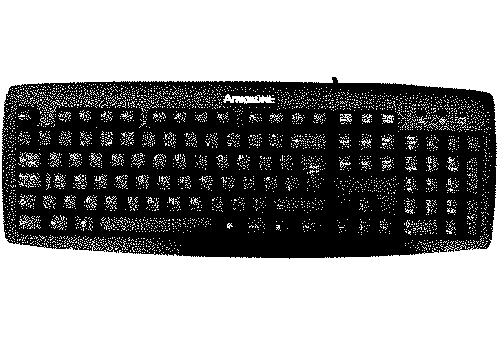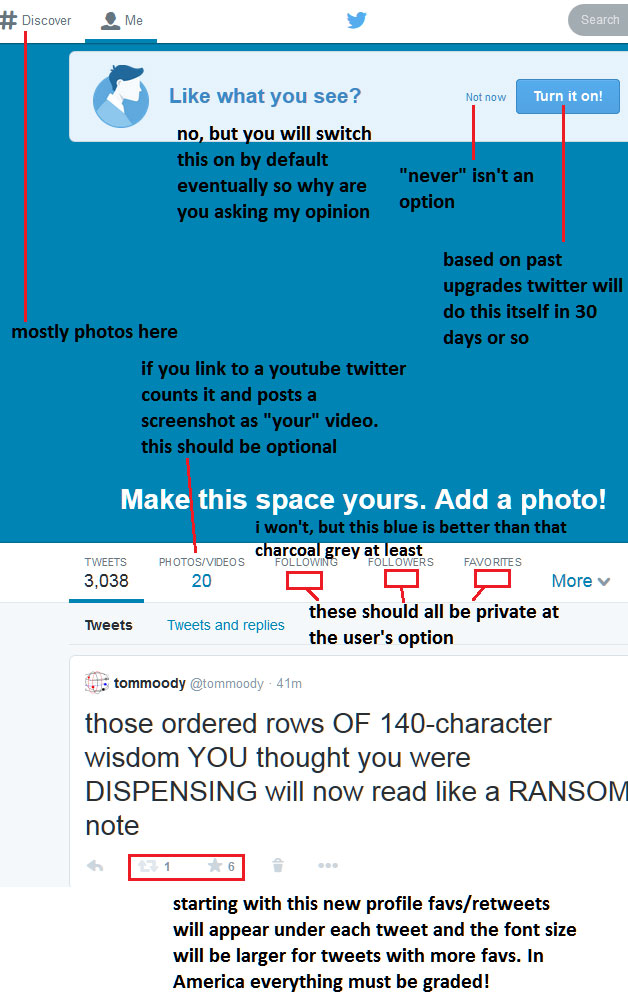On his blog Culture Two, Brian Droitcour explains why he hates Post-Internet art.
The argument he calls knee-jerk -- “How can we be post-internet when internet is still here? Shouldn’t it be during-internet?” -- always spoke eloquently to me, ha ha. Droitcour doesn't completely disagree because he writes "the internet is always changing. The internet of five years ago was so unlike what it is now, to say nothing of the internet before social media, or the internet of twenty years ago, or the internet before the World Wide Web. Why insist that the changes are over?" Rather than focus on the past or even present, he thinks we should give more thought to what the internet is becoming, and our place in it. Focus on "proto-" rather than "post-," he suggests. Sounds good to me.
There was some confusion in the comment thread about post-internet definitions and who was using which so I chimed in:
Marisa Olson used the term post-internet differently than Gene McHugh did, as you summarized McHugh's definition here. He said the "post-" referred to a historical moment when the internet changed from geeky/amateur to everyday/professional. Olson used it to describe her own art practice, consisting of performances in real space or on video that referenced internet-specific content, such as "Abe and Mo Sing the Blogs." Her definition is closer to the type of art you are criticizing here, for example, objects presented by The Jogging for gallery consumption that refer to internet content (and also reflect back by being "internet ready" in terms of lighting, camera angles, etc.). The way art galleries are using the term "post-internet" now is exactly the way Olson used it and you are right to critique it. What may work for her as an individual artist is a poor statement of general principal.
You make a good point that it's all still changing. Net neutrality may end; every country has its own rules for permissible traffic. The big internet companies are constantly working to gather users into "silos." We'll be truly post-internet when you hear sentences such as "Was that on Facebook or the internet?" Or "which internet -- the public one or the fast lane one?"
(McHugh’s blog is still available on the Internet Archive, by the way, at http://web.archive.org/web/20120422161041/http://122909a.com/)


